Boasting Africa's tallest tower and the Middle East's largest cathedral, the city is one of a series of mega-projects by Egyptian President Abdel Fattah el-Sisi to develop the country's economy .
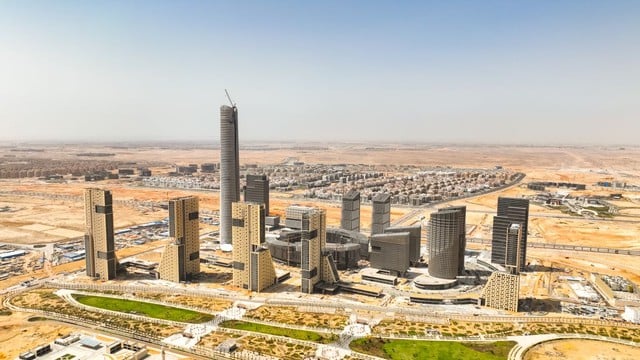
Egypt is building a new city. Photo: CNN
Construction of the “New Administrative Capital” began in 2016 and is being completed in phases. According to Khaled Abbas, Chairman of the Capital Authority for Urban Development (ACUD), which is also the company overseeing the project, phase 1 is almost complete and phase 2 is expected to begin in the last quarter of this year.
Slowly but surely, life is beginning to take shape in the new city. More than 1,500 families have moved in, and by the end of 2024, he expects that number to rise to 10,000, according to Abbas.
Mr Abbas also said that with the government ministries moving to the new city, there are already about 48,000 government employees working there. In March, when the parliament also started directing meetings from the city for some banks and businesses to move their headquarters there, many people are expected to want to move there.
Ultimately, “the country will be governed from within the new capital,” Mr Abbas added.
He said Phase 1 would cost around 500 billion Egyptian pounds ($10.6 billion). However, some have expressed concerns about the cost as the country is experiencing an economic downturn and facing increased pressure from tensions in Gaza. Egypt's economy is being boosted by international funding, including from the World Bank, which announced on Monday it would provide Egypt with more than $6 billion over three years.
Earlier this month, the International Monetary Fund said it would also increase its current lending program for Egypt from $3 billion to $8 billion, contingent on economic reforms, including a “new framework to slow infrastructure spending” to help reduce inflation and maintain debt sustainability.
ACUD said the city's development would not be affected by the IMF announcement. In February, ACUD announced that Dar, a global architecture and engineering firm involved in the first phase of the city, had been awarded a contract to create a detailed master plan for phases two, three, and four of the capital. The second phase of the new city is expected to cost around 300 billion Egyptian pounds ($6.4 billion).
Central Continent
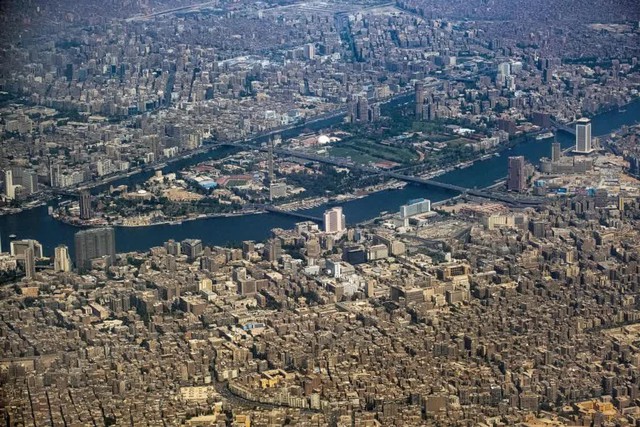
The capital Cairo is densely populated. Photo: Amir Makar/AFP/Getty
The new administrative capital is centered around a financial district, where several international banks and businesses will set up global headquarters. Last year, Afreximbank announced it would buy land in the city to build the Trade Centre of Africa as its global headquarters. The conference center, hotel and innovation hub are collectively described as a “one-stop business complex” for intra-African trade. The consortium, which also includes unnamed companies from the United Arab Emirates and South Africa, said it would establish a financial center in the capital.
Abbas believes the city’s modern infrastructure will attract businesses. Artificial intelligence systems will optimize electricity, gas and water usage, as well as waste management. Fiber optic infrastructure and 5G deployment will also help with connectivity, while incorporating high-tech security services, with thousands of surveillance cameras installed across the city to monitor traffic, warn of congestion and accidents.
“All the big international companies are looking at smart cities and sustainability. We are trying to facilitate all kinds of services to make it easy to do business here,” he stressed.
Mr Abbas also hopes that Egypt's smart city design will become a "model for other countries in Africa", contributing to economic development in the wider region.
Meanwhile, Nicholas Simcik Arese, head of history and theory at the Architectural Association in London, who has conducted extensive field research in Cairo, said it was possible the new city would attract business, particularly “high-level bilateral partnerships” and foreign capital to boost economic development.
He points to a history of Egyptian leaders building satellite cities near Cairo as transformational projects. Today, these cities are largely self-contained communities that cater to the upper middle class and often have plenty of job vacancies.
Mr Simcik Arese admits that Cairo is overcrowded, but questions whether building a new city would really be effective.
“The problem of a crowded Cairo is not just about uncontrolled population growth, but also about the ability of people to have a decent livelihood in the places they are born. There is a lot of existing housing stock in Cairo that is perfectly usable, and if the government spent even a small part of that investment to make people’s existing cities actually work, I think the problem of overcrowding would disappear very quickly,” Mr Simcik added.
In this regard, Mr. Abbas commented that Cairo's old infrastructure was due for an upgrade, and although he did not give a direct figure on the number of affordable housing units that would be available, he stressed that the new city would cater to all segments of society.
"The cost of living here is the same as in the old city, but the difference is that you are living in a new city, a smarter city," Mr. Abbas emphasized./.
Source










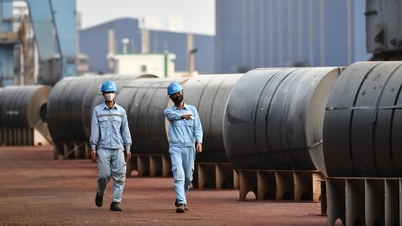

















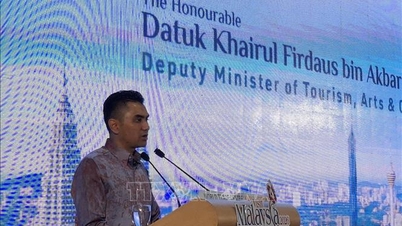






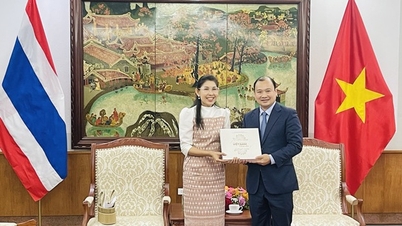
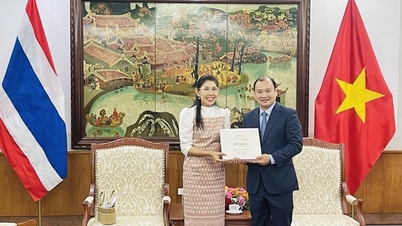

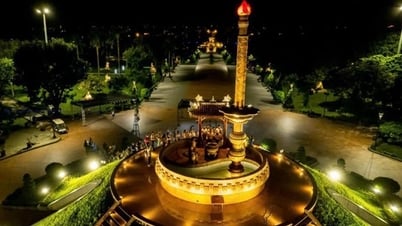





































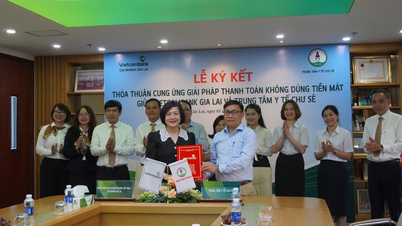






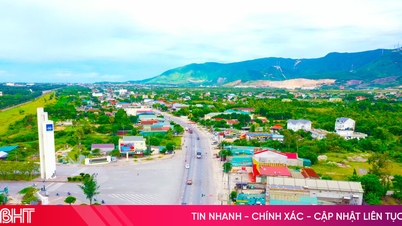

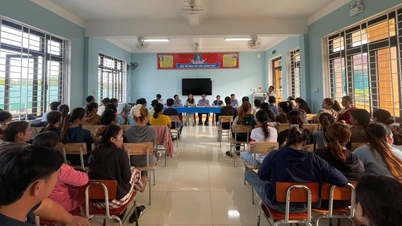














Comment (0)